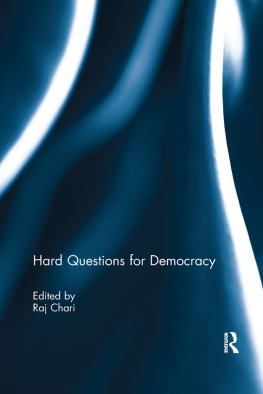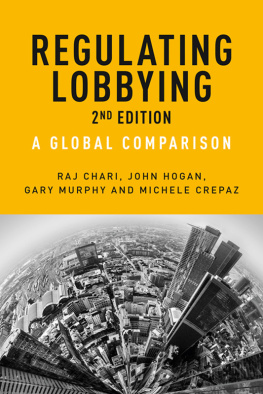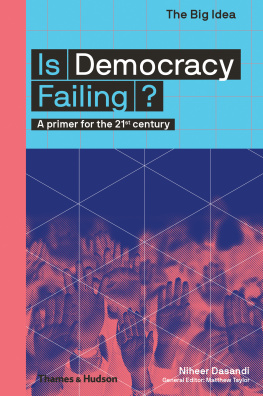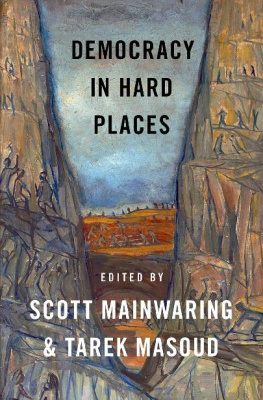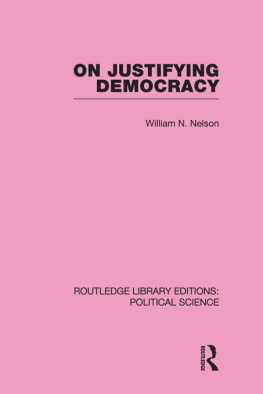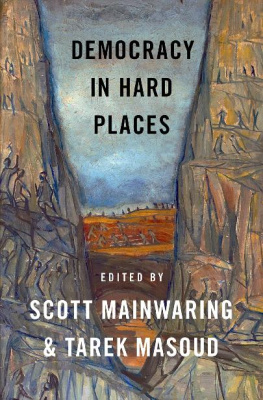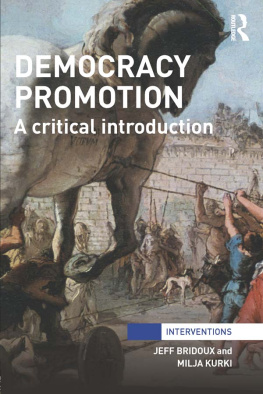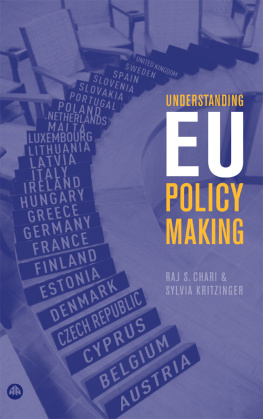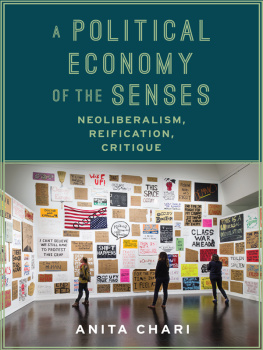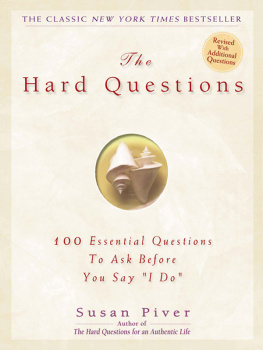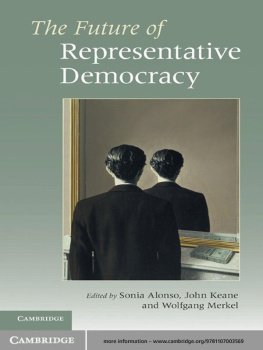Raj Chari - Hard Questions for Democracy
Here you can read online Raj Chari - Hard Questions for Democracy full text of the book (entire story) in english for free. Download pdf and epub, get meaning, cover and reviews about this ebook. year: 2012, publisher: Routledge, genre: Politics. Description of the work, (preface) as well as reviews are available. Best literature library LitArk.com created for fans of good reading and offers a wide selection of genres:
Romance novel
Science fiction
Adventure
Detective
Science
History
Home and family
Prose
Art
Politics
Computer
Non-fiction
Religion
Business
Children
Humor
Choose a favorite category and find really read worthwhile books. Enjoy immersion in the world of imagination, feel the emotions of the characters or learn something new for yourself, make an fascinating discovery.
Hard Questions for Democracy: summary, description and annotation
We offer to read an annotation, description, summary or preface (depends on what the author of the book "Hard Questions for Democracy" wrote himself). If you haven't found the necessary information about the book — write in the comments, we will try to find it.
Hard Questions for Democracy — read online for free the complete book (whole text) full work
Below is the text of the book, divided by pages. System saving the place of the last page read, allows you to conveniently read the book "Hard Questions for Democracy" online for free, without having to search again every time where you left off. Put a bookmark, and you can go to the page where you finished reading at any time.
Font size:
Interval:
Bookmark:
Raj Chari

by Routledge
2 Park Square, Milton Park, Abingdon, Oxon, OX14 4RN
by Routledge
52 Vanderbilt Avenue, New York, NY 10017
A catalogue record for this book is available from the British Library
by Taylor & Francis Books
The publisher would like to make readers aware that the chapters in this book may be referred to as articles as they are identical to the articles published in the special issue. The publisher accepts responsibility for any inconsistencies that may have arisen in the course of preparing this volume for print.
Raj Chari
James L. Hyland
Gerry Mackie
Patrick Bernhagen & Raj Chari
Raj Chari & Patrick Bernhagen
Michael Laver
Heinz Brandenburg
Macartan Humphreys
Gail McElroy & Michael Marsh
Michael Gallagher
Iseult Honohan
Maria Laura Sudulich
Colm McKeogh
Garrett OBoyle
Font size:
Interval:
Bookmark:
Similar books «Hard Questions for Democracy»
Look at similar books to Hard Questions for Democracy. We have selected literature similar in name and meaning in the hope of providing readers with more options to find new, interesting, not yet read works.
Discussion, reviews of the book Hard Questions for Democracy and just readers' own opinions. Leave your comments, write what you think about the work, its meaning or the main characters. Specify what exactly you liked and what you didn't like, and why you think so.

